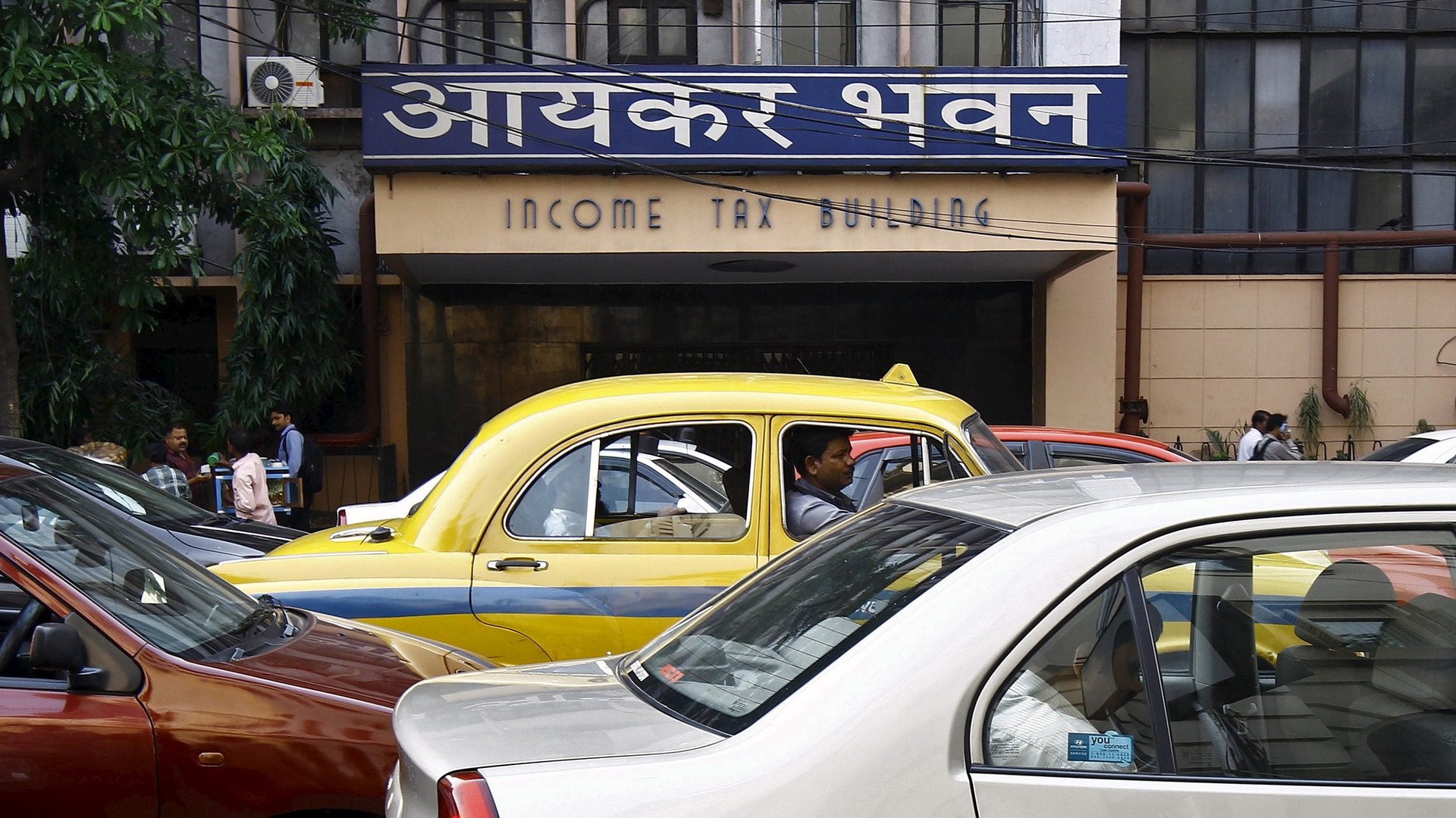India is going after crypto taxes, starting with Binance-owned WazirX
India’s tax authorities are going after the country’s largest cryptocurrency trading platform, WazirX, accusing it of tax evasion worth 40.5 crore rupees ($5.4 million).


India’s tax authorities are going after the country’s largest cryptocurrency trading platform, WazirX, accusing it of tax evasion worth 40.5 crore rupees ($5.4 million).
The Mumbai office of the goods and services tax (GST) authority has been investigating the platform’s business transactions and said on Dec. 31 that it has recovered Rs49.20 crore from WazirX in taxes and penalties. It is the first crypto-related tax evasion investigation in India.
The firm, which was bought by leading global exchange Binance in 2019, meanwhile, says any alleged evasion was unintentional. But the investigation signals a new era for India’s tax authorities, with crypto a potential source of revenue as well as alleged fraud.
What WazirX is alleged to have done
WazirX provides the option to transact in rupees or WRX, which are utility tokens introduced by Binance for trading cryptocurrencies. WRX tokens can only be purchased from the exchange. The firm charges a commission on each transaction from the buyer and the seller—0.2% for a rupee transaction and 0.1% on WRX.
The investigation showed that the platform earned commission on trading, deposit, and withdrawals through rupee and WRX transactions, according to a statement by the GST authority. But it paid taxes only on what it earned via the rupee transactions, and not on WRX.
WazirX’s response
Zanmai Labs, which owns the WazirX platform, said the alleged tax evasion was not intentional.
“There was an ambiguity in the interpretation of one of the components which led to a different calculation of GST paid. However, we voluntarily paid additional GST in order to be cooperative and compliant,” it said in a statement. “There was and is no intention to evade tax.”
Zanmai Labs also said the Indian cryptocurrency industry needs clarity on tax regulations.
What is the problem with India’s policy on crypto taxation?
The investigation will cover all crypto exchanges in its zone, the Mumbai authority said, and extend to other emerging businesses like e-commerce, online gaming, and non-fungible tokens to identify possible tax evasion.
Meanwhile, India’s crypto firms say they have been waiting for legislation of the virtual token industry for more than a year. The cryptocurrency bill had been listed for the winter session of parliament but it was not tabled because further deliberation was required.
Some of the key issues are whether cryptocurrency should be considered a commodity, an asset, or legal tender. Its classification would affect taxation as well as protect investors from fraud and other malpractice.
“Indian tax laws are unclear about the implications of new-age digital transactions such as crypto, NFT, online gaming, etc,” says Jay Jhaveri, partner at Mumbai-based accounting firm Bhuta Shah & Co. “The weakness in Indian laws, especially GST, with its ever-evolving structure, is being exploited to the fullest by platforms that deal in new-age digital transactions.”
Despite the firms’ apparent confusion over applicable tax laws, the Directorate General of Goods and Services Tax Intelligence—a law enforcement agency under the Ministry of Finance—is scrutinizing multiple crypto firms, including Buyucoin and Unocoin.